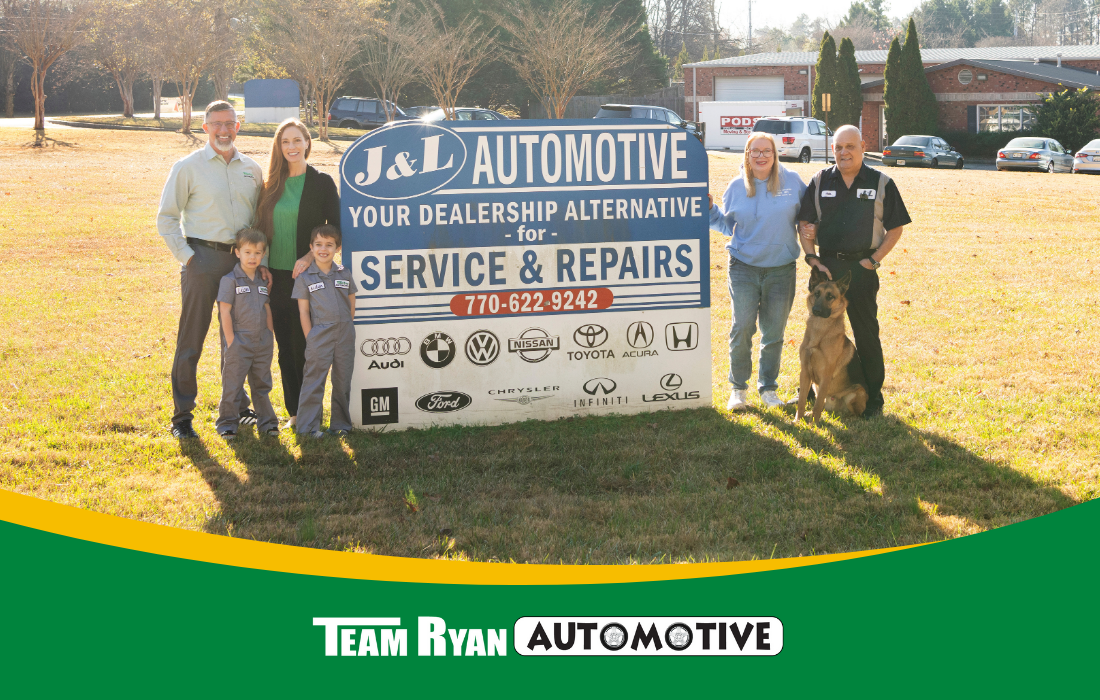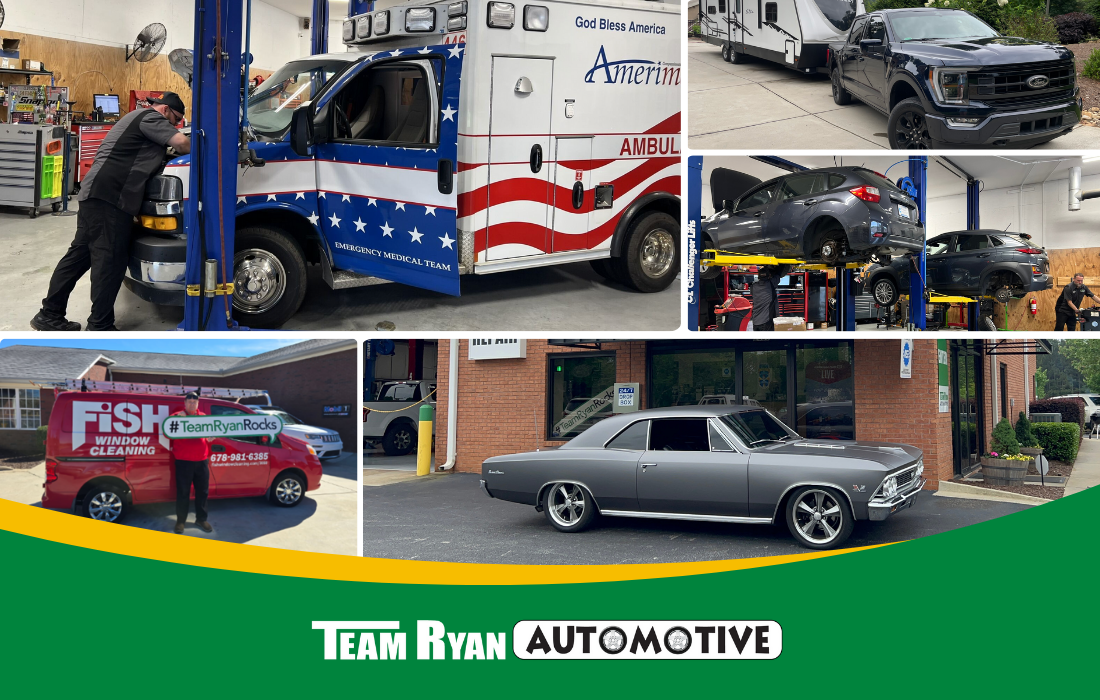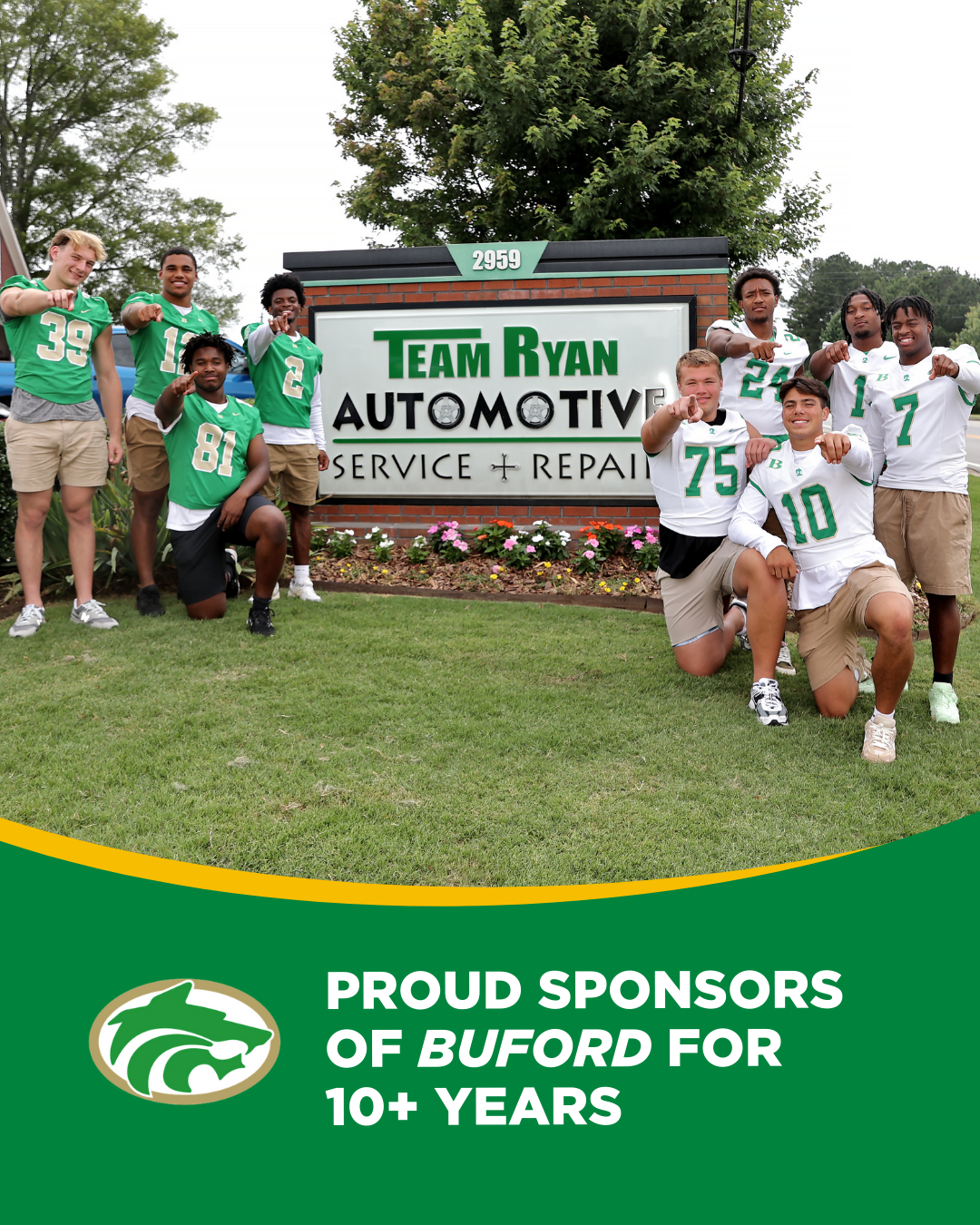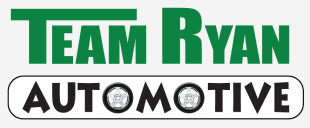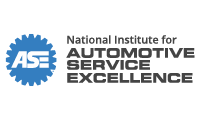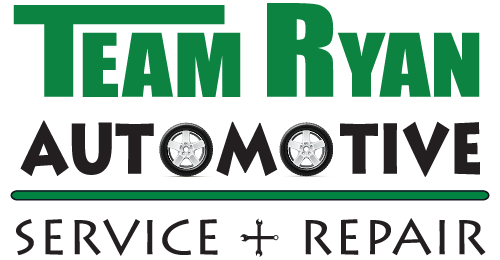Are Spark Plugs Really Important?
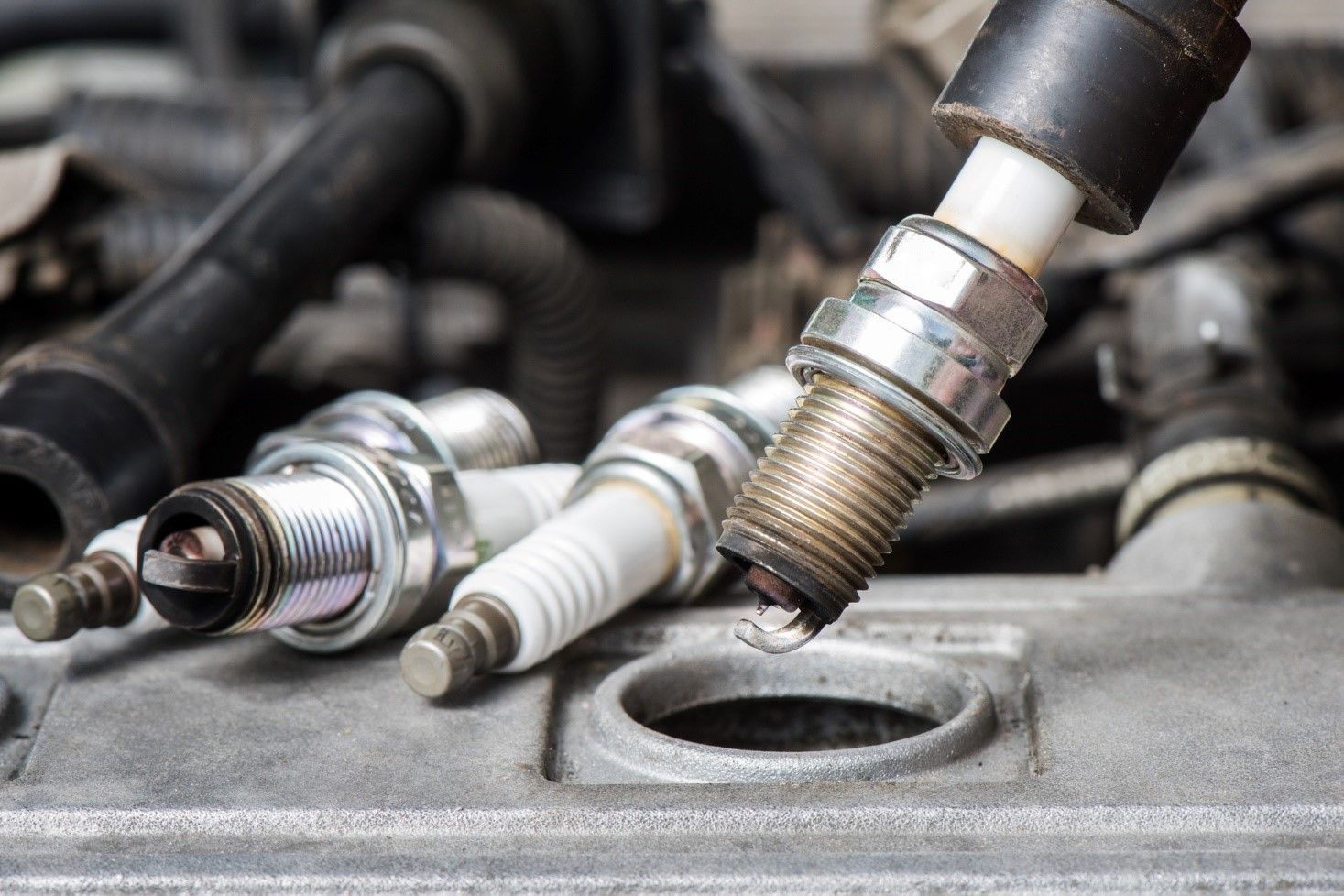
Are Spark Plugs Really Important?
Let’s be honest. When we start our cars, we hardly think about what actually makes it go. Maybe we think of the battery or the starter, and occasionally the engine crosses our mind. But spark plugs? They’re usually the last thing we consider. However, despite their small size, spark plugs play a crucial role in your engine’s performance and overall longevity.
Let’s take a closer look at why spark plugs are essential for your car’s safety and performance.
How Do Spark Plugs Work?
To truly understand the importance of spark plugs, it helps to know how they function.
Your vehicle’s engine is complex, but its main job is simple: it converts energy (gasoline) into motion. This process is called internal combustion, where your engine transforms potential energy into kinetic energy, or motion. Your car’s ability to move hinges on this process.
Now, here’s where spark plugs come in. They supply the spark that ignites the fuel-air mixture in your engine’s cylinders, creating a small explosion that powers your engine. Without spark plugs, your engine wouldn't be able to produce the power it needs to move.
Since spark plugs are constantly exposed to intense heat and pressure, they’re built to be durable. However, they do wear out over time and need to be replaced to prevent engine misfires or even failure. If you're noticing performance issues, consider our engine diagnostics to identify and resolve any underlying problems.
When Should Spark Plugs Be Replaced?
Like many parts of your car, the timing for replacing spark plugs depends on your vehicle and the type of spark plugs it uses. Always refer to your owner’s manual for the manufacturer’s recommendations.
- Extended-life spark plugs (usually made of platinum or iridium) last up to 100,000 miles.
- Standard spark plugs (usually made of copper) may need to be replaced every 30,000 miles, depending on their material.
Regardless of the type, it’s crucial not to exceed the recommended mileage for spark plug replacement. Ignoring this can lead to reduced engine performance or costly repairs. To stay on top of maintenance, check out our auto maintenance services.
What Spark Plugs Should I Use?
When replacing your spark plugs, the best approach is to use the same brand and type your car originally came with.
- Platinum and iridium spark plugs: These tend to last longer and cost more.
- Copper spark plugs: These are more affordable but have a shorter lifespan.
If you're unsure which type to choose, a trusted Repair Center can help you determine what’s best for your vehicle.
We want to help keep you and your family safe on the road. Let’s be proactive rather than reactive! If you need assistance figuring out when your spark plugs need to be replaced, don’t hesitate to reach out to the auto experts at Team Ryan Automotive.
Schedule your appointment online here.
